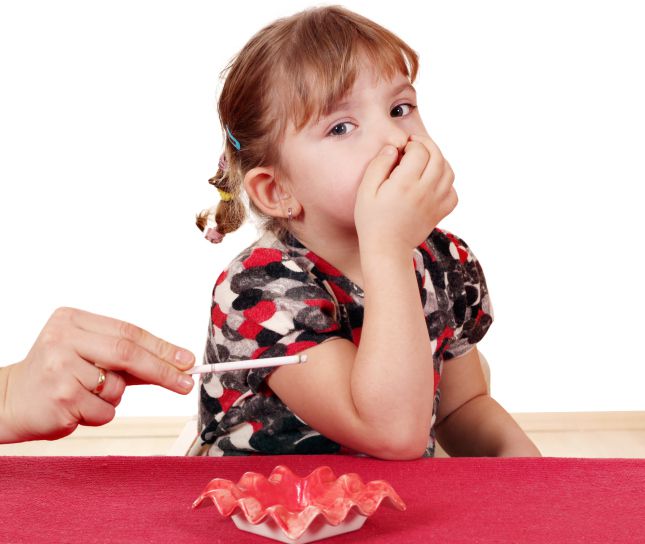It is a known fact that active maternal smoking during pregnancy has negative effects on child health, such as attention deficit and hyperactivity disorder (ADHD). However, new research suggests that second hand smoke, or environmental tobacco smoke (ETS), may be just as harmful.
In one of the first studies of its kind, researchers from the University of Pennsylvania School of Nursing examined data from 646 mother-child pairs in China, where more than 70 percent of men smoke, and concluded that 25 percent children of whose mothers were exposed to smoke exhibited behavior problems compared to 16 percent of children of unexposed mothers.
“Such findings could inform public health efforts to reduce public smoking and underscores the need for including ETS avoidance as a potential component of prenatal care among pregnant women,” said lead-author Jianghong-Liu, PhD, RN, FAAN, associate professor at Penn Nursing.
Using the Child Behavior Checklist (CBCL), a widely used, 99-item scale for assessing behavioral and emotional problems in children, researchers determined children of mothers with ETS exposure had 10 percent more prevalence of externalizing behavior problems than children of unexposed mothers. The results took factors like parental education, occupation, psychological problems and marriage status into account. The full results were published online this week in the journal NeuroToxicology.
Externalizing behavior problems included attention problems and aggression. Children of passive smoking mothers demonstrated worse performance on tests of speech and language skills, intelligence, and behavioral outcomes (conduct disorders).
“Given the high prevalence of ETS exposure among pregnant women in China and the far-reaching effects of child behavioral disturbance on public health outcomes, it is critical to reduce ETS exposure in order to improve the health of not only mothers and their children but that of society at large,” said Dr. Liu. “The key message for pregnant women is to protect their growing fetus from exposure to secondhand smoke.”
Source: Penn Nursing Science











